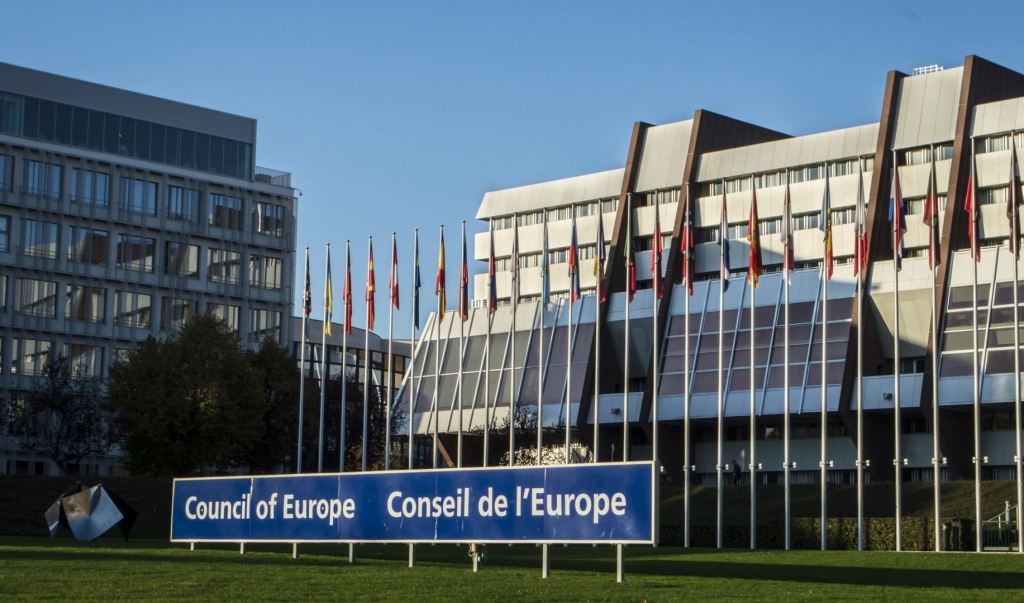
EU Council approves law targeting organised crime through asset recovery and confiscation
The Council of the European Union (EU) today adopted a law which sets out EU-wide minimum rules on the tracing, identification, freezing, confiscation and management of criminal property in connection with a wide range of crimes.
The directive will better equip member states in their fight against organised crime and the associated illegal profits. It will also oblige EU countries to ensure that authorities have the resources they need for their activities. The rules will also apply to violation of sanctions.
Member states will need to enable the freezing of property and, in the event of a final conviction, the confiscation of instrumentalities and proceeds stemming from a criminal offence. In addition, they will have to adopt rules allowing them to confiscate property of a value corresponding to the proceeds of a crime.
Where criminal assets or property of equal value are transferred to a third party, it must also be possible to confiscate them if the third party knew or should have known that the purpose of the transfer or acquisition was to avoid confiscation.
The new rules will also enable member states to confiscate unexplained wealth; where such property is linked to conduct committed through a criminal organisation and generates substantial economic benefit.
Asset recovery offices, in charge of cross-border cooperation, will be reinforced. They will support national authorities and the European Public Prosecutor’s Office in asset tracing investigations. Offices will be given access to relevant databases and registers to perform these tasks.
Asset management offices will be designated by member states and will manage frozen or confiscated property directly or will provide support to other competent bodies. The new law also provides for the sale of frozen property, under certain conditions and even prior to final confiscation, for instance if it is perishable.
The directive will enter into force on the twentieth day following publication in the Official Journal of the EU. Member states will have 30 months to incorporate the provisions of the directive into their national legislation.
According to Europol data, criminal organisations are amassing revenue estimated to amount to at least €139 billion every year.



























